How to choose the right wall panels for prefabricated steel building?
In modern buildings, prefabricated steel buildings are widely favored for their fast construction, stable structure and flexible design. In such buildings, the choice of wall panel is crucial, because wall panels not only affect the appearance of the building, but are also directly related to its insulation, sound insulation, fire resistance and other properties. How to choose the right wall panel is an issue that every architect and engineer must seriously consider. This article will explore the selection criteria for prefabricated steel building wall panels from multiple angles to help decision makers make wise choices.
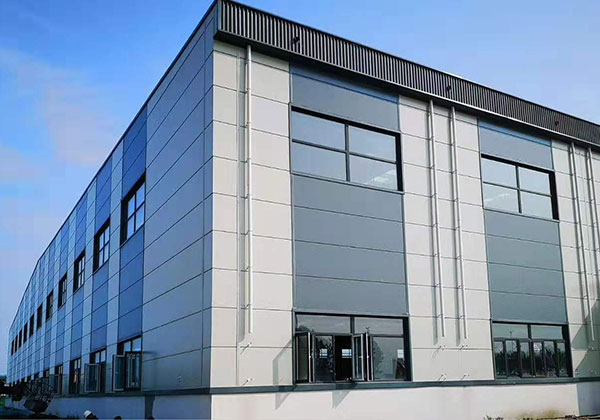
Types of wall panel materials
The wall panels of prefabricated steel buildings are mainly made of the following materials:
- Metal sandwich panels: composed of two layers of metal plates and insulation materials in the middle, with good thermal insulation and structural strength, widely used in places such as industrial warehouses and cold storage.
- Polyurethane (PU) sandwich panels: Polyurethane as the core material provides excellent thermal insulation performance and is suitable for buildings that require strict temperature control, such as cold storage warehouses and food processing plants.
- Polystyrene (EPS) sandwich panels: This type of wall panel is light and economical, suitable for buildings that do not require particularly high insulation performance.
- Reinforced concrete slab: It has high compressive strength and durability, and is suitable for buildings that require higher structural stability and fire resistance.
- Fiber cement board: This board has good fire resistance and weather resistance, and is suitable for exterior wall decoration and protection.
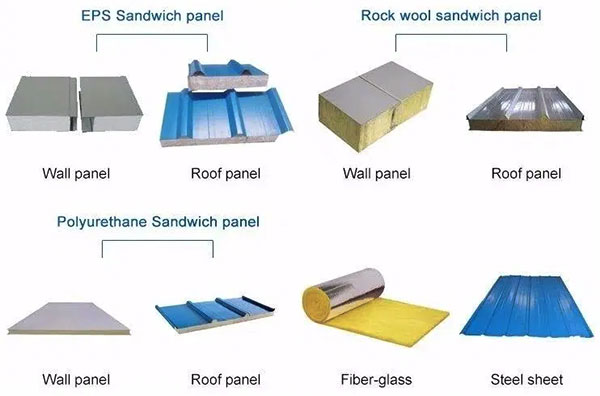
Considerations for choosing wall panels
1. Structural performance
When choosing wall panels, the first thing to consider is their structural performance. Wall panel need to withstand wind loads, snow loads and other external pressures, so their strength and stiffness are important indicators for evaluation. Metal sandwich panels and reinforced concrete panels generally provide higher structural strength and are suitable for large industrial buildings.
2. Thermal insulation performance
Thermal insulation performance is another key factor in the selection of prefabricated steel building wall panels. Depending on the purpose of the building, the insulation requirements may vary. For cold storage and food processing plants, polyurethane sandwich panels are the first choice due to their excellent thermal insulation properties. For ordinary warehouses, EPS sandwich panels may be sufficient.
3. Sound insulation performance
In some applications, such as commercial buildings or residential buildings, the sound insulation performance of wall panel is also very important. Metal sandwich panels and cement boards generally have good sound insulation and can effectively reduce the interference of external noise.
4. Fire performance
Fire performance is an important consideration for any building material. When choosing wall panels, it is crucial to understand the fire rating of the material. Polyurethane sandwich panels have relatively low performance in fire protection, while reinforced concrete panels and fiber cement panels provide better fire protection.
5. Durability and maintenance
The durability of wall panel directly affects the long-term use cost of the building. Metal wall panels generally have good corrosion resistance and durability and are suitable for various climate conditions. Relatively speaking, polystyrene boards have lower durability and may require more frequent maintenance and replacement.
6. Economy
Economy is also a factor to consider when choosing wall panels. The cost of different materials varies greatly, and choosing the right wall panel requires finding a balance between performance and budget. Although metal sandwich panels have a higher initial investment, they may be more economical overall due to their low maintenance costs and long-term durability.
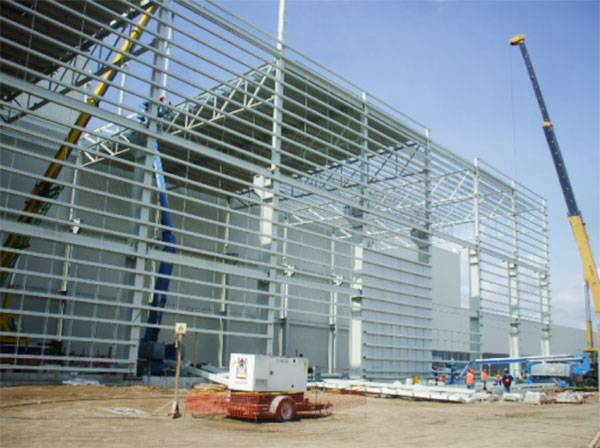
Installation and construction of wall panels
The installation and construction process of wall panel will also affect the choice. When choosing wall panels, it is necessary to consider the complexity of their installation and the construction time required. Prefabricated wall panel usually use fast installation technology, which can significantly shorten the construction period. Make sure that the selected wall panel match the overall construction plan to improve construction efficiency.
Applicability and environmental factors
Different environmental conditions will affect the choice of wall panels. For example, in a humid or corrosive environment, it is crucial to choose corrosion-resistant metal materials or materials with good waterproof performance. For buildings in extreme climates or special geographical locations, choosing the right materials can improve the durability and safety of the building.
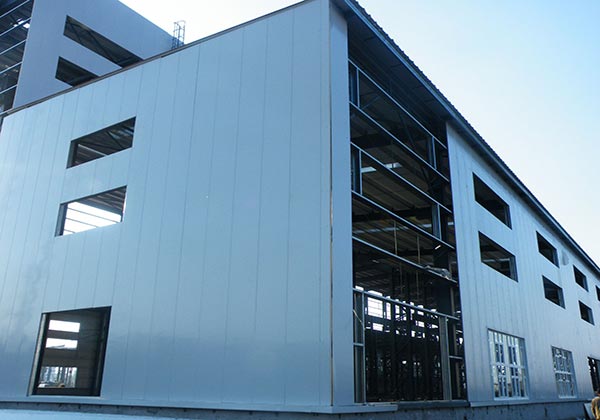
Conclusion
In the design and construction of prefabricated steel buildings, the choice of wall panel is crucial. By comprehensively considering multiple factors such as structural performance, thermal insulation performance, sound insulation performance, fire resistance, durability, economy and applicability, decision makers can choose the wall panels that best suit the project needs. Reasonable wall panel selection can not only improve the overall performance of the building, but also reduce long-term operating costs and ensure the sustainable development of the building. With a deep understanding of the various wall panel materials on the market, architects and engineers can better provide customers with efficient, economical and reliable building solutions.
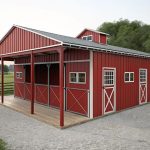
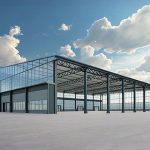
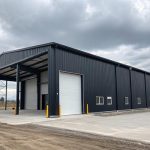
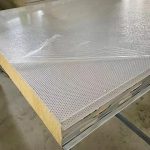
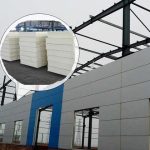
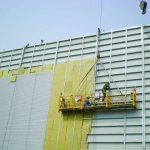

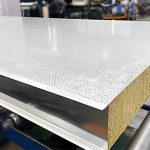
Send us the inquiry form